The IES Benjamín de Tudela is a public center of regional scope located in the Navarran town of Tudela. About 1488 students from Tudela and other towns in the region attend the institute, which has 164 teachers who teach ESO in Spanish and bilingually with English and French (within the MEC-British Council project, the bilingual section in French and the English multilingual program from the Comunidad Foral de Navarra), ESPA (Secondary Education for Adults), Baccalaureate (Sciences and Engineering, Health Sciences, Humanities, and Social Sciences), Bachibac (Bilingual Baccalaureate in French and Spanish) and Baccalaureate for adults.
Last year was the 50th anniversary of the center and, throughout this time, efforts have been made to provide quality education, both academic and human, attentive to the changes generated by social evolution. The educational project of the center tries to obtain the best school results with the diversity of the students, to be recognized as an educational benchmark in Navarra and beyond, and to contribute to significantly raising the cultural level and integration of the population.
A differentiating fact of the center is the exchanges that take place with other centers. Currently, there is a relationship and exchanges of students and teachers with other similar centers in the United Kingdom, France, Germany, and Canada. Likewise, the center is immersed in a new project for the integration of New Technologies in classrooms through the use of free Chromebooks provided by the Department of Education of Navarra for ESO students.
Finally, the center annually announces the novel award “Benjamín de Tudela” for a novel written in Spanish and recently published, which highlights some of the values that define the life of Benjamín de Tudela, an illustrious Jewish medieval writer and traveler from Tudela, the center’s namesake. The jury is made up exclusively of high school students and has already awarded two well-known writers (Eloy Moreno for his work “The Gift” (El regalo) and Fernando Aramburu for “Homeland: a Novel” (Patria)). Currently, the award is in its third edition.
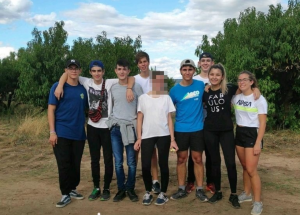
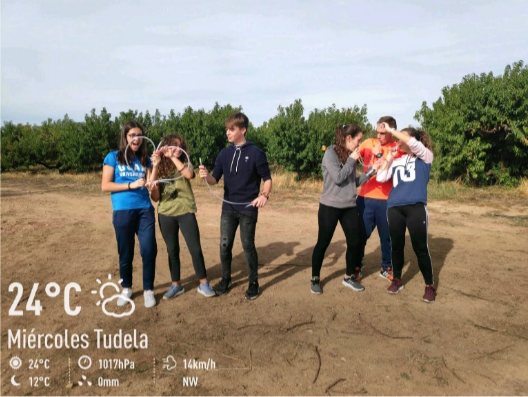

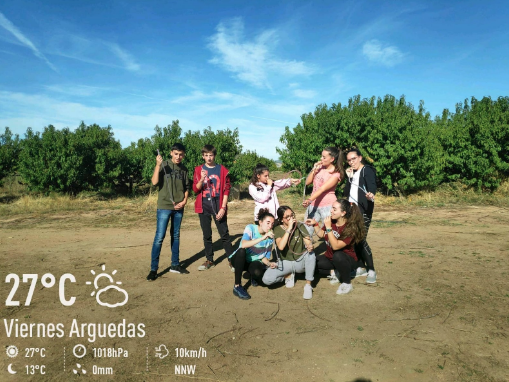
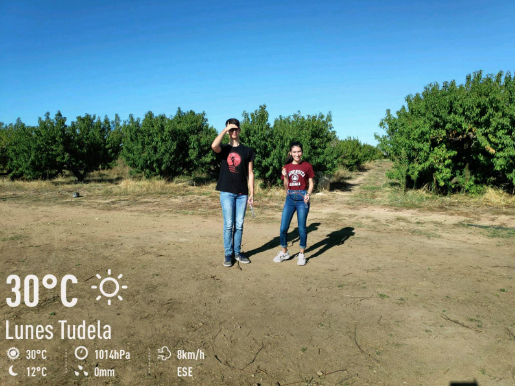


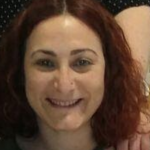



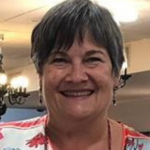
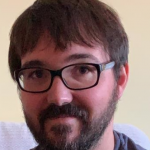
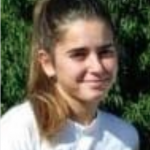
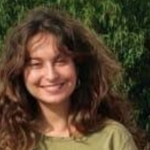

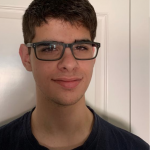
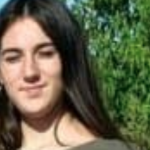

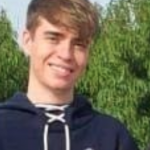

 .
. 

